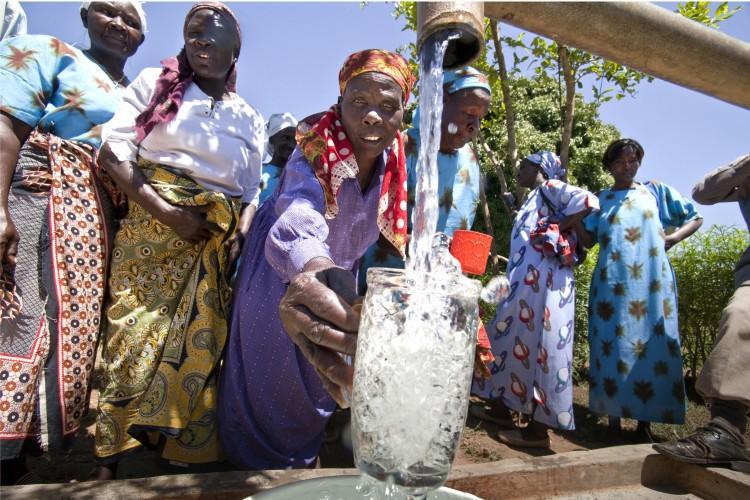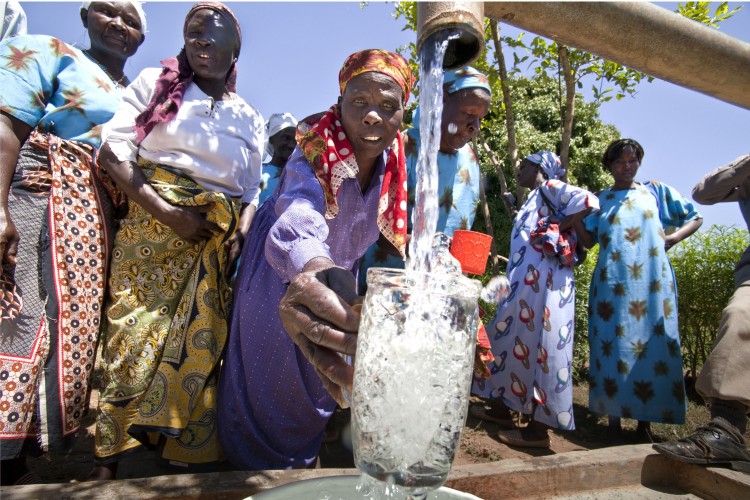As the shopping frenzy of the Christmas season reaches its peak, a Canadian charity is asking consumers to consider giving a different type of gift this year: clean water.
Ottawa-based WaterCan is inviting Canadians to purchase a symbolic “gift of water” on behalf of their loved ones that provides clean drinking water and sanitation supplies to some of Africa’s poorest communities.
Among the suggested gifts, a $20 donation buys soap to combat disease, $40 secures a hand-dug well, and $100 buys a lifetime supply of drinking water for a family of four.
When donors give the “gift of water,” an e-card is sent to the recipient informing them of the donation made in their name and the impact it will have on the community.
CERF Inc., an Alberta company that manages waste from the construction and industrial sectors, has promised to match every dollar raised by Canadians up to $25,000.
“The real, tangible ripple effect that happens when people gain access to life’s most basic needs is actually quite incredible,” says WaterCan’s public engagement coordinator Andrea Helfer.
“Other areas of development just follow suit.”
Lack of drinking water and sanitation facilities is a leading cause of death and disease in the developing world.
Nearly one billion people worldwide currently do not have access to clean drinking water and an estimated 2.6 billion do not have access to basic sanitation facilities such as toilets or latrines.
WaterCan estimates that half of the world’s hospital beds are occupied by people suffering from completely preventable water and sanitation-related diseases such as diarrhoea and typhoid.
Raw sewage is also a major contaminant of drinking water, making basic toilet facilities crucial to a healthy water system.
Helfer says directly employing local Africans to build the projects has been crucial to their sustainability.






